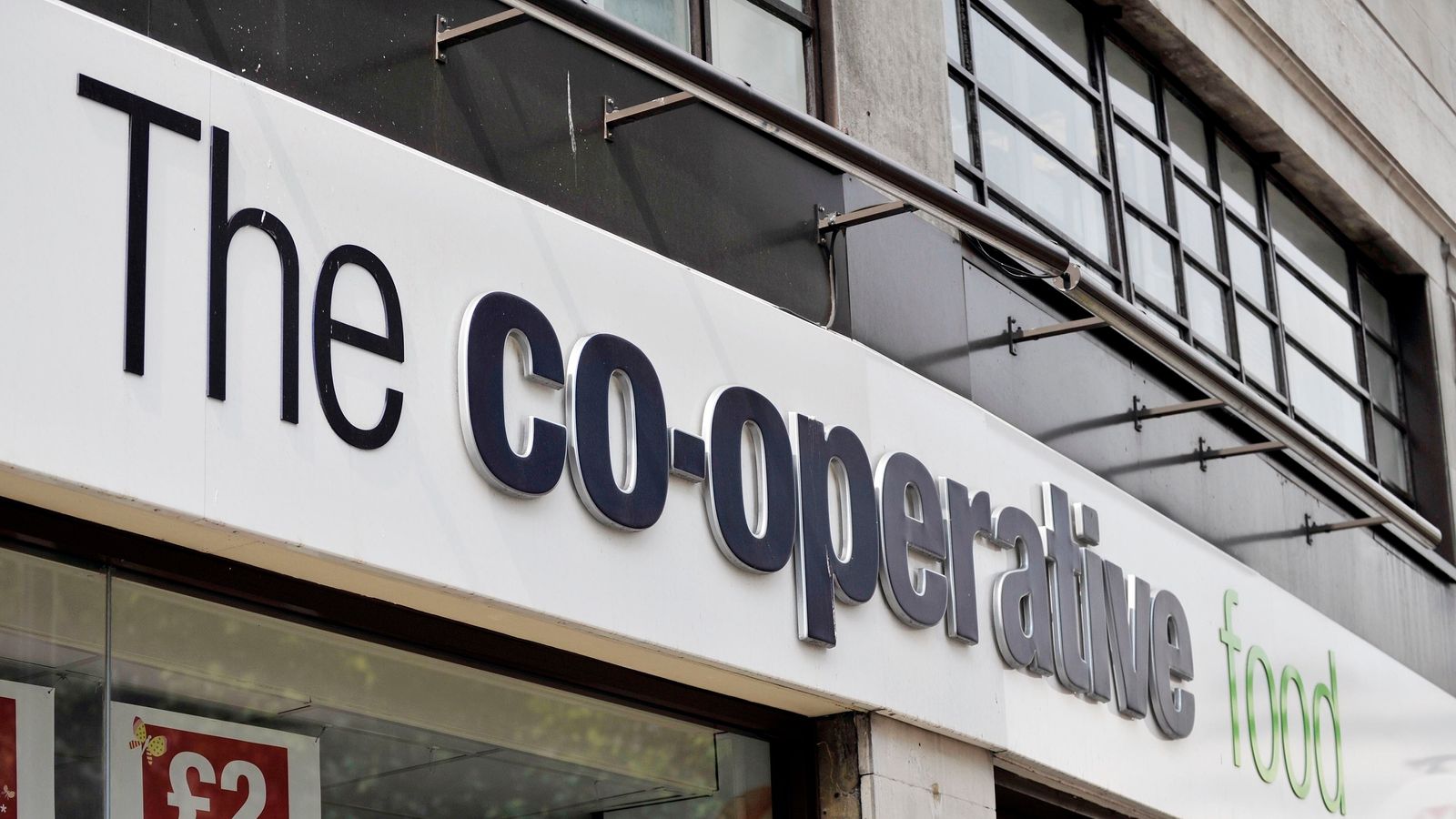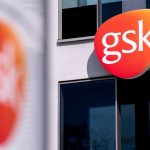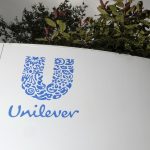The Co-op Group, Britain’s biggest mutual, is to hold a crunch board meeting next week amid pressure to follow rival supermarkets’ example and repay £80m of state funding handed to it during the pandemic.
Sky News has learnt that directors of the groceries-to-funeralcare provider – headed by chairman Allan Leighton – will meet next Tuesday to debate whether to repay the funding it received in the form of business rates relief and furlough payments.
People close to the situation said the Co-op’s boardroom had seen “robust dialogue” over the issue, with some directors keen to repay the funding in full.
Although the board is not yet technically split on the question of handing the money back because a vote has yet to take place, sources said “deep divisions” were expected to be exposed next week.
The decision is expected to be made public in the group’s annual results announcement early next month.
The issue has become an acute one for the mutual, which prides itself on its positioning as an ethical champion.
One insider said the Co-op board would be under “enormous pressure” if it decided to keep part or all of the £80m in state funding while paying bonuses to Steve Murrells, the chief executive, and other senior colleagues.
“As well as the business has been managed, there is no way they can pay bonuses and keep taxpayers’ money,” they said.
“It would be catastrophic for the brand.”
Nearly all of the Co-op’s privately owned rival supermarket chains have repaid substantial sums they obtained in business rates relief in recent months after Tesco became the first big grocer to do so late last year.
On Wednesday, five of the UK’s biggest food retailers – Aldi, Asda, J Sainsbury, Tesco and Wm Morrison – said they would refuse a further windfall from the Treasury after the chancellor, Rishi Sunak, extended a rates holiday until June.
Iceland has insisted it is justified in retaining the money, while John Lewis Partnership – the owner of Waitrose – is likely to clarify its position when it announces financial results next week.
One option for the Co-op would be to repay a proportion of the money it received that relates to its food retailing business.
The mutual’s funeralcare arm has suffered a significant financial hit during the COVID-19 crisis.
The debate about whether to repay the money has been further amplified by the fact that the Co-op received a sizeable windfall from the sale of its insurance arm and has invested millions of pounds in sponsoring a new entertainment arena in Manchester.
The Co-op has said the arena project will create more than 4000 jobs in total, and boost the local economy by more than £1.5bn over the next 20 years.
People close to the Co-op have pointed to a public pledge to paying the National Living Wage from this year as evidence of its commitment to doing the right thing.
The Co-op was also unlike many of its supermarket counterparts because it had not paid a dividend to its members for many years as it sought to rebuild its balance sheet in the wake of the crisis that brought it to the brink of collapse seven years ago, they added.
A Co-op spokesperson declined to comment on the agenda for Tuesday’s board meeting, but told Sky News late last year: “The Co-op response to helping to feed and care for the nation during COVID has been outstanding, and we are immensely proud of what our colleagues have achieved.
“We’ve clearly put the interests of people before profits and the extra costs for keeping our colleagues and customers safe have far outweighed the government support we’ve received, in respect of business rates and furlough payments.
“Given the huge uncertainty we’re facing into still and the ongoing costs we are incurring, we’ll consider our approach in terms of the government support we’ve received at year-end.”
The Co-op employs 63,500 people, more than 55,000 of whom work in its retail business.






















